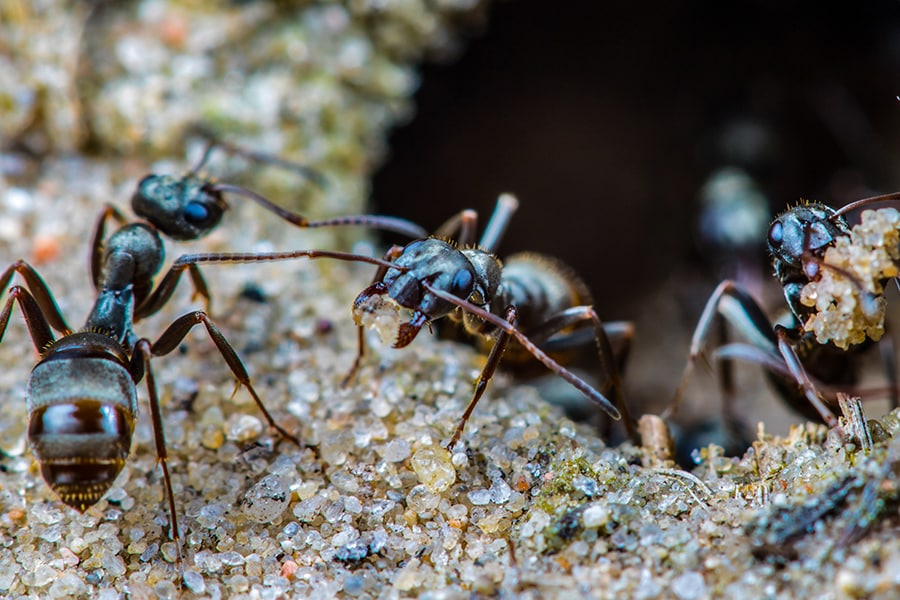
Could we one day use ants to help detect cancer?
Researchers from France's CNRS, Université Sorbonne Paris Nord, Institut Curie and Inserm have identified a species of ants with a particularly well-developed sense of smell that might differentiate cancerous cells from healthy cells in humans
 A species of ant has been found able to identify cancerous cells in humans. (Credit: Rainer Fuhrmann / Shutterstock)
A species of ant has been found able to identify cancerous cells in humans. (Credit: Rainer Fuhrmann / Shutterstock)
Could we one day use ants to help detect cancer? It might sound like a farfetched idea but it is currently being investigated by a team of researchers. This kind of approach could lead to a less invasive and less expensive alternative to current detection methods.
Researchers from France's CNRS, Université Sorbonne Paris Nord, Institut Curie and Inserm have identified a species of ants with a particularly well-developed sense of smell: the Formica fusca. Their research findings are published in the journal, iScience.
To conduct their research, the scientists performed tests with 36 ants. First, the specialists exposed the ants to the smell of a sample of cancerous human cells. This odor was then associated with a reward of sugar solution. In a second step, the researchers exposed the ants to two different odors. One was a new smell and the second was the smell of the cancerous cells. Once this test was successful, the researchers exposed the ants to different cancerous cells.
As such, the scientists found that "ants discriminate between cancerous and healthy cells and between two cancerous lines." After training, Formica fusca ants are able to detect volatile organic compounds emitted by cancerous cells.
Before being used on a large scale, "the efficacy of this method must now be assessed using clinical trials on a human being," points out CNRS in a news release. "But this first study shows that ants have high potential, are capable of learning very quickly, at lower cost, and are efficient."







